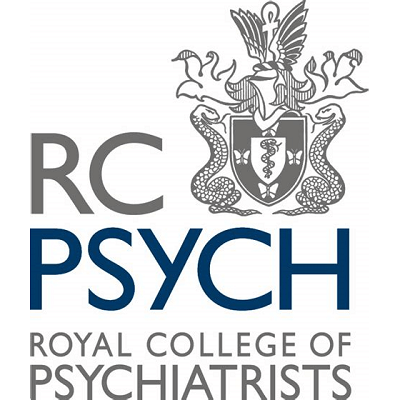Supporting Others and Further Sources of Help - PTSD
PROVIDED BY

This information is for anyone who is experiencing post traumatic stress disorder (PTSD), or who knows someone who is.
How can I tell if someone has PTSD?
If you know someone who has just experienced a traumatic event, there are some things you might want to look out for. These things could be signs that they are struggling to cope:
Changes in behaviour
Poor performance at work, lateness, taking sick leave, minor accidents
Changes in emotion
Anger, irritability, depression, a lack of interest and a lack of concentration
Changes in thoughts
Dwelling on threats or fears, negative views of the future
Unexpected physical symptoms – such as breathlessness, jumpiness or stomach aches
If you think someone might be showing signs of PTSD, you could encourage them to speak to their GP. If you don’t feel close enough to them to do this, you might want to speak to someone they are close to, who could do this instead.
It may also help for them to look at information about PTSD such as this resource, to help them identify the difficulties they are having.
How can I support someone who has experienced a traumatic event?
The following things can help to support someone who has been through something traumatic:
Talk
Take time to allow them to talk with you about their experiences.
Listen
Let them talk, and try not to interrupt the flow or share your own experiences.
Ask general questions
If you do ask questions, try to make them general and non-judgemental. For example, you might want to ask ‘have you spoken to anyone else about this?’ or ‘can I help you to find some extra support?’
You should try to avoid:
Telling them you know how they feel
Even if you have experienced something similar, people experience situations very differently. It can be unhelpful to make comparisons.
Telling them they are lucky to be alive
People who have experienced traumatic events often won’t feel lucky. Often, they can feel guilty for being alive if others have died.
Minimising their experience
Avoid suggesting it could have been worse, even if you are trying to make them feel better. This can make people feel as though their feelings aren’t justified.
Making unhelpful suggestions
Avoid making suggestions, even if you have found that these have worked for you in the past. People are very different and often they may have already tried what you are suggesting.
Further help
Information on PTSD
UK Psychological Trauma Society – here you can find a selection of materials which helpful information for the general public and for health professionals about Post Traumatic Stress Reactions.
Overview of PTSD, NHS – this information from the NHS covers PTSD
Overview of complex PTSD, NHS – this information from the NHS covers complex PTSD
PTSD, Mind – the charity Mind has information on PTSD and complex PTSD
How can friends and family help? Mind – This information offers ideas for how you can help someone you know who has PTSD
Useful contacts, Mind – This page has links to other charities and organisations that offer support to people with PTSD
Charities supporting people with PTSD
Here are some charities that offer support to people who experience PTSD or traumatic events:
PTSD UK – A UK charity dedicated to raising awareness of PTSD
Combat Stress – the UK charity for veterans’ mental health.
Cruse Bereavement Care – a charity offering support for bereaved people in England, Wales and Northern Ireland
Cruse Bereavement Care Scotland – a charity promoting the well-being of bereaved people in Scotland
Rape Crisis – there are three rape crisis charities that offer support to people across the UK:
Rape Crisis - England and Wales
Rape Crisis - Scotland
Rape Crisis - Northern Ireland
Victim Support – there are three victim support charities that offer support to people across the UK who have been victims of crime and traumatic incidents:
Victim Support - England and Wales
Victim Support - Scotland
Victim Support - Northern Ireland
